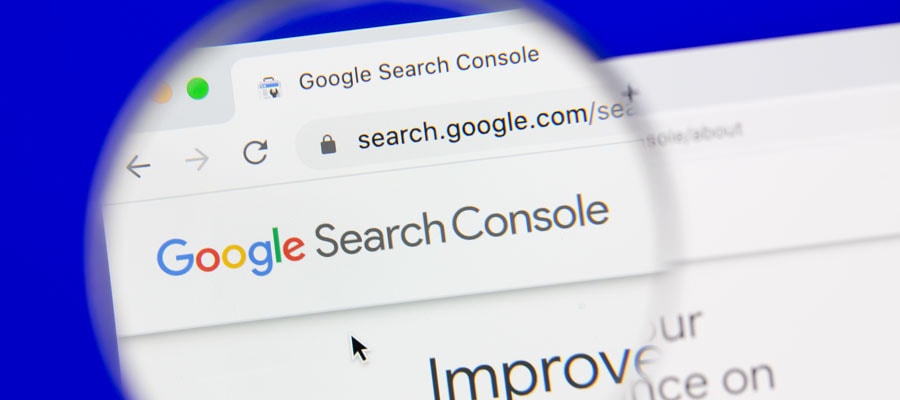Unless you are fortunate enough to acquire a domain name that is entirely unprecedented, it is probable that a domain registered today will be associated with a pre-existing history. Is there cause for the new domain proprietor to be vigilant regarding the actions of prior owners?
Certainly, a domain’s historical background remains a pertinent consideration, even after a change in ownership and its subsequent adaptation for a new website.
In reality, the significance of domain history exceeds the awareness of many site owners. Regrettably, some only realize this when it becomes too late.

Is Domain History A Google Ranking Factor?
Domains can undergo a range of diverse uses during their existence. A domain name that currently serves a legitimate business purpose might have previously been associated with a payday loan website, a piracy site, or any other website type that goes against Google’s guidelines.
Although the website is newly established, it is claimed that domain history still influences Google’s current search results. This implies that a new website might face limitations in Google search rankings right from the start.
Is this a legitimate worry, or is it purely theoretical?
Let’s examine the evidence.
The Proof: Domain History As A Google Ranking Factor
Google has, on numerous occasions, discussed the subject of domain history and its influence on search rankings. It has consistently emphasized that the past use of a domain can play a role in how Google evaluates it in the present.
The consequences can vary from mild to significant. The most serious challenge a website owner may encounter is obtaining a domain with a history of unaddressed manual actions. Google’s manual actions persist even when the previous owner transfers the domain or allows the registration to expire.
If these penalties remain unaddressed, the new domain owner may encounter immediate demotion or deindexing of their website. Site owners can promptly ascertain the presence of a manual action against their domain by inspecting the manual action report available in the Google Search Console.
The worst-case scenario entails a temporary setback, as all manual actions are ultimately resolvable. In different scenarios, a domain might lack an associated penalty but could still carry an unfavourable history with Google.
In such instances, the website’s search results may still be affected. According to Google’s John Mueller, this issue tends to naturally resolve over time.
Mueller indicates that a domain with a brief history of problematic activities is not a major cause for concern. However, if the negative history extends back a decade or more, the path to recovery may be more challenging.
Domain History Is Definitely A Google Ranking Factor
Based on explicit pronouncements from Google, there exists empirical evidence confirming the substantial influence of domain history on search rankings. This factor warrants earnest consideration prior to the acquisition of a pre-registered domain.
While the consequences can be alleviated over time, previous domain usage undeniably exerts an influence on the current rankings of websites. Typically, this influence tends to manifest as a negative ranking factor rather than a positive one. The established status of domain history as a ranking factor is unequivocally affirmed.
Would you like to read more about “Is Domain History A Google Ranking Factor” related articles? If so, we invite you to take a look at our other tech topics before you leave!
Use our Internet marketing service to help you rank on the first page of SERP.
![]()











